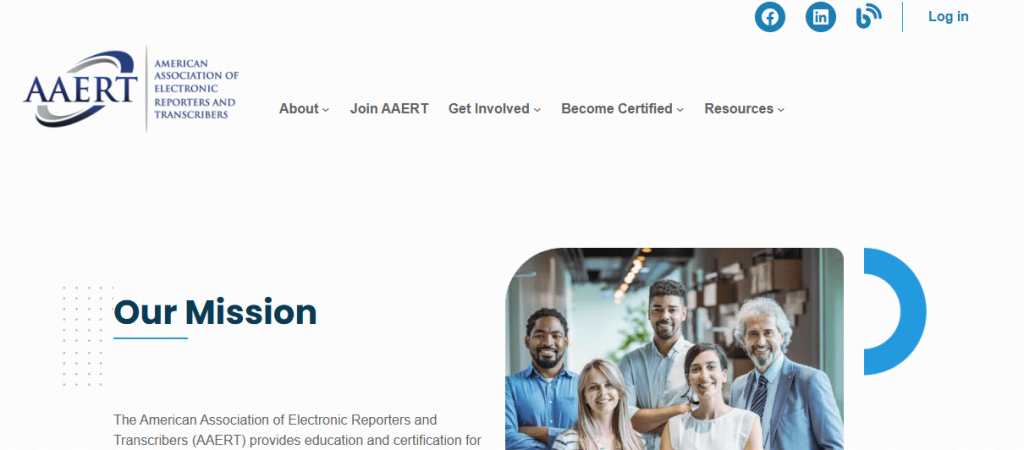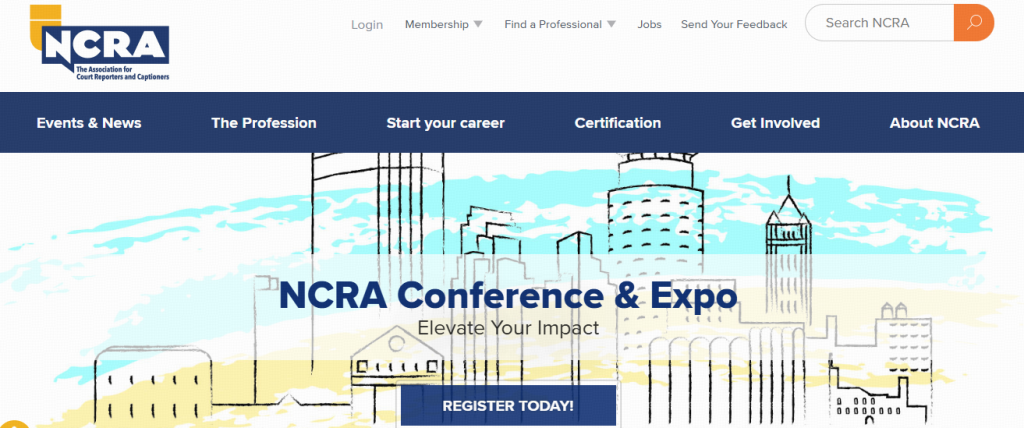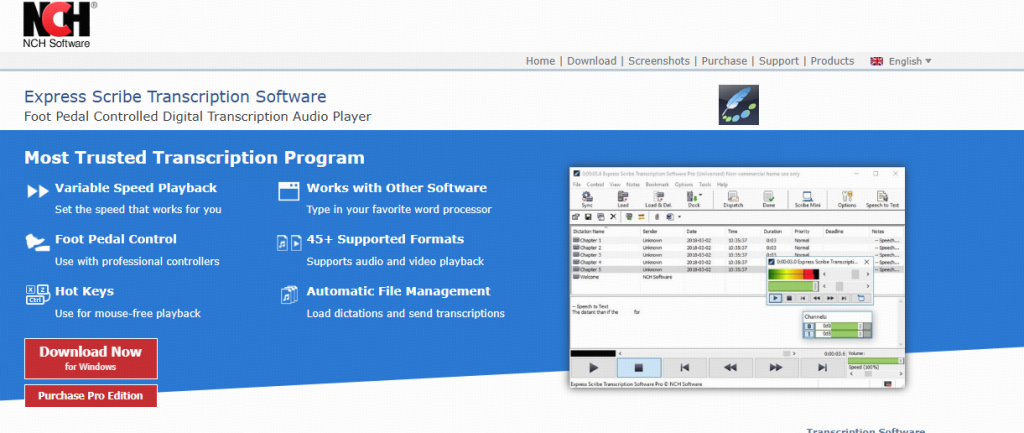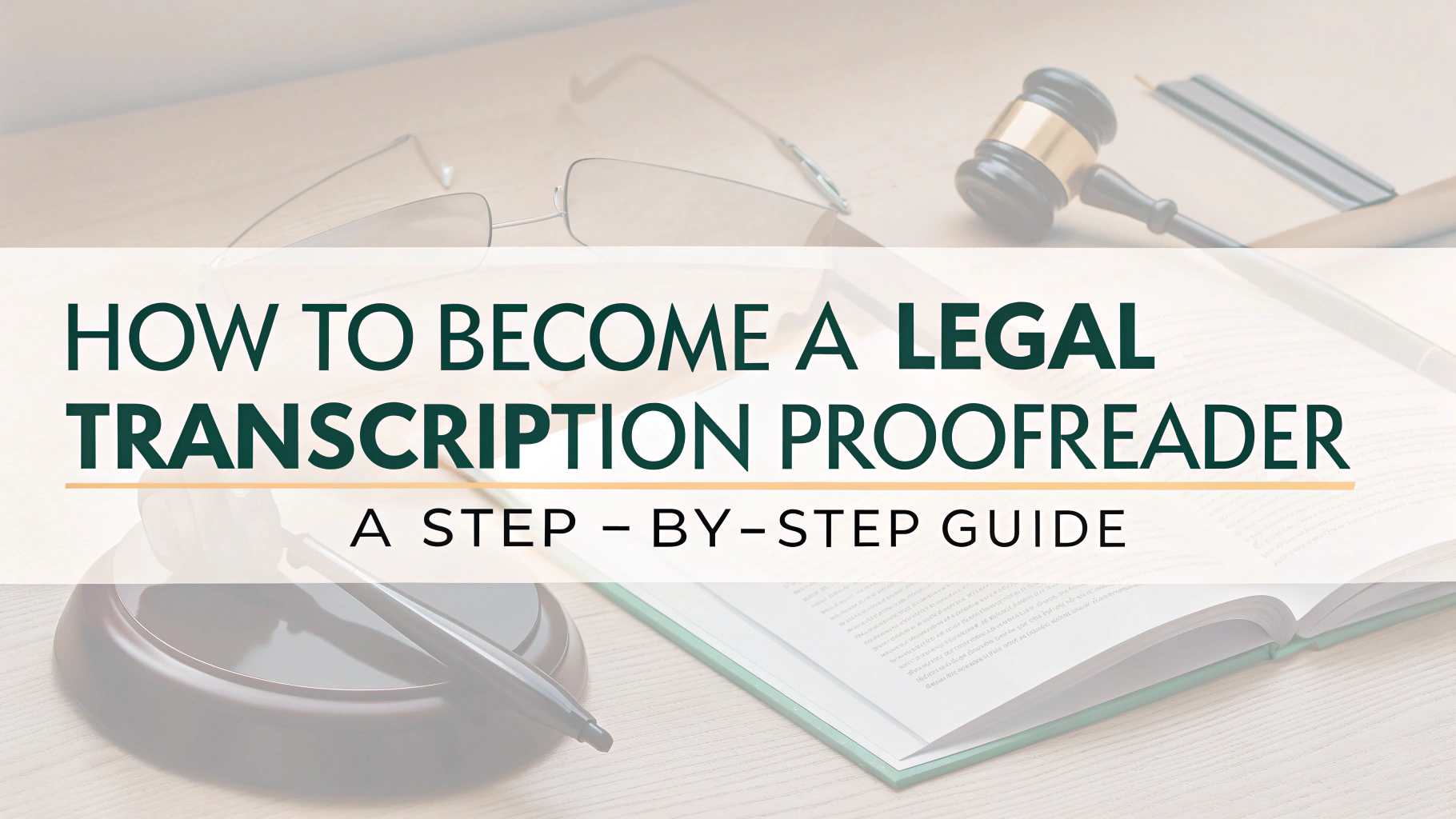Becoming a legal transcription proofreader involves acquiring specialized skills in both legal terminology and transcription accuracy.
This career requires attention to detail, strong command of the English language, and familiarity with legal documents.
By following a clear step-by-step path—gaining relevant education, obtaining certifications, developing proofreading skills, and gaining practical experience—you can successfully enter this niche field.
Understanding the Role of a Legal Transcription Proofreader
A legal transcription proofreader reviews transcripts produced from legal audio recordings to ensure accuracy, correct grammar, punctuation, and proper formatting. Their work is critical for maintaining the integrity of legal records used in court proceedings, depositions, and legal briefs.
According to the American Association of Electronic Reporters and Transcribers (AAERT), this role requires not only strong language skills but also a thorough understanding of legal procedures and terminology to ensure that transcripts meet professional and legal standards (AAERT.org).

Essential Skills Needed for Legal Transcription Proofreading
Successful legal transcription proofreaders must have excellent listening skills, a strong grasp of legal vocabulary, and high proficiency in grammar and punctuation. Familiarity with transcription software and the ability to work under tight deadlines also enhance performance.
The National Court Reporters Association (NCRA) highlights that precision and attention to detail are paramount, as errors in legal transcripts can lead to serious consequences in legal processes .

Recommended Education and Certifications
Although formal degrees are not always required, a background in legal studies, English, or communications can be advantageous. Certification from recognized bodies such as the AAERT significantly improves job prospects and credibility. AAERT-certified proofreaders demonstrate adherence to industry standards and ethical guidelines, which many employers require. According to AAERT, certification holders tend to earn higher salaries and have more consistent work opportunities.
Gaining Practical Experience in Legal Transcription Proofreading
Start by practicing with sample legal transcripts or volunteer for internships to build experience. Many beginners begin by working with transcription companies or freelance platforms to hone their skills and create a portfolio.
The Bureau of Labor Statistics (BLS) reports that on-the-job training is common in this field, and entry-level positions often serve as stepping stones to more specialized roles (BLS Legal Support Occupations).
Best Tools and Software for Legal Transcription Proofreaders
Utilizing transcription software like Express Scribe or specialized proofreading tools can increase efficiency and accuracy. These tools often include features like foot pedal integration, text expanders, and audio playback controls tailored for transcription needs.

Industry Outlook and Career Advancement
According to the Bureau of Labor Statistics, legal support occupations, including transcription proofreading, are expected to grow about 4% between 2020 and 2030. This steady growth reflects ongoing demand for accurate legal documentation.
Building expertise and earning certifications can lead to career advancement, including roles like court reporter or specialized legal transcriptionist. Networking within professional organizations such as AAERT and NCRA can open up additional opportunities for training and employment (BLS).
Tips for Success and Career Advancement
Consistently improving your knowledge of legal terminology, staying updated with industry standards, and networking within the legal transcription community can open doors for advancement. Consider specializing in niche areas such as medical-legal transcription or court reporting proofreading to diversify your expertise.
Conclusion
By following these steps—developing your skills, earning recognized certifications, gaining practical experience, and utilizing the right tools—you can establish a successful career as a legal transcription proofreader.
Referencing authoritative bodies like AAERT and keeping abreast of labor market trends will help you stay competitive and grow professionally in this important legal support role.


